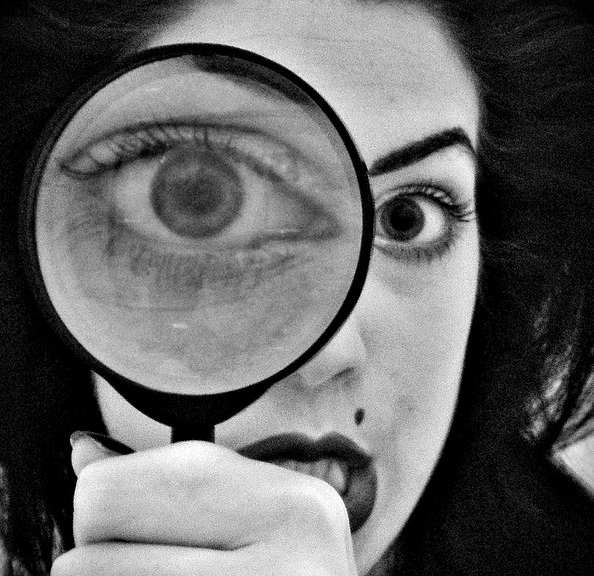Watching You Watching Me
Photo: Marina Coric
'I've been watching you watching me.
I've been liking you baby liking me.'
David Grant, Watching You, Watching Me
Have you seen Gogglebox on Channel 4? The TV show where you can watch people watching TV. It's a kind of real life Royle Family and further proof that pop culture will eat itself. It's also my guilty pleasure.
In Gogglebox we observe the British public commentating on random encounters with the previous week's TV schedule. We see them at their most relaxed, in the comfort of their own homes, in their own Eziglide recliners, eating their own favourite takeaways, with their own infuriating families. It's reassuring, exasperating, entertaining. People are funny, stupid, clever, eccentric, absurd. All at the same time.
'He's lost weight hasn't he? Or has he put it on?'
Many years ago Weiden's brilliant creative leaders, Kim and Tony, worked at BBH. Tony had a habit of rejecting ideas because they were 'too ad-y'. 'But Tony', we cried, 'we are planning to make an advertisement.' Of course we knew what he meant. So much commercial communication inhabits an unreal world of staged conversation and telegraphed gags. Speech patterns are pedestrian, contexts are cliched. Sometimes it feels like we're creating an industrial strength tribute to Terry and June.
It takes considerable observational skill to capture people as they truly are, rather than how they should or could be. Harold Pinter was often mocked for his pauses, but real speech, like real people, is often hesitant and flawed. And authenticity is worth working at. Because when it comes to ad effectiveness I've consistently found that truth is stronger than fiction.
I went to the Frieze Art Fair last week. An opportunity to survey the cool, moneyed mavens of the global cultural elite. The opposite end of the social spectrum to the stars of Gogglebox perhaps, but if you like looking at people all demographics offer interest. And, whisper it quietly, there may be more pleasure to be had examining the people than the art.
Of course it's rude to stare and more difficult than you might think properly to observe the culture that surrounds us. One of the reasons I enjoy going to the theatre is the chance if affords to regard other people directly without fear of causing offence. Sometimes when the lights are down I like to turn from the stage and stare at the rapt expressions of the audience around me. It's curiously intimate...
This week we launched the BBH School of Ideas, a one year apprenticeship leading to a full-time job in Strategy or Team Management. Inevitably we'll be seeking people with a flair for ideas, that can solve problems, that can bring diverse experiences and skills to our business. But we'll also be looking for candidates who are observant, who delight in the quirks and inconsistencies of ordinary folk.
I guess we'll be looking for people who like people. It's a shame to have to say it, but this is not a business for misanthropes.
No. 27


